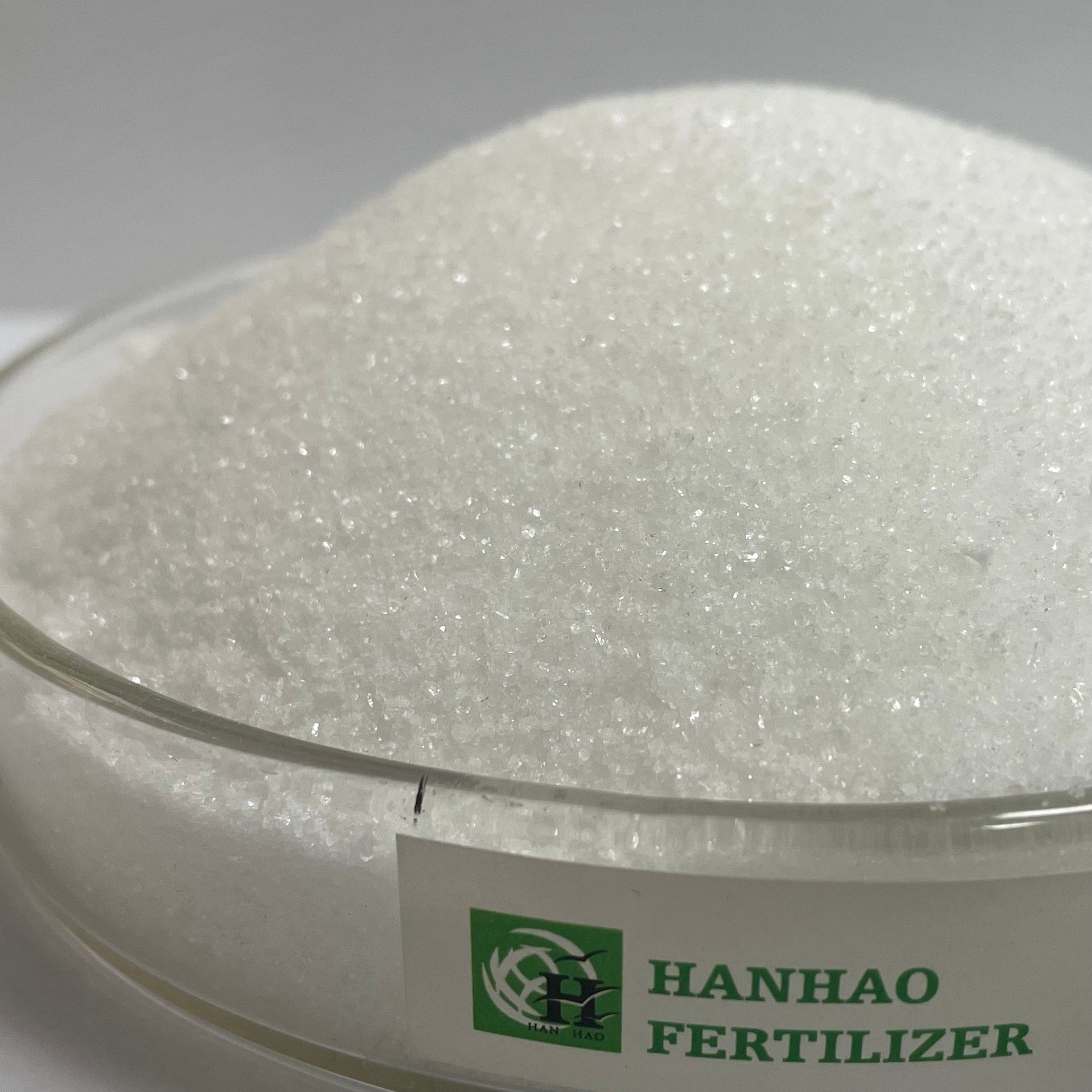
Dec . 04, 2024 18:08 Back to list
fertilizer with most nitrogen
The Importance of Nitrogen in Fertilizers Exploring High-Nitrogen Options
Nitrogen is an essential nutrient for plant growth, playing a critical role in various biochemical processes. It is a key component of amino acids, proteins, and nucleic acids, which are crucial for the development and functioning of plants. The nutrient promotes robust foliage growth, enhances chlorophyll production, and aids in the overall health of crops. Therefore, the use of high-nitrogen fertilizers has become a common practice among farmers and gardeners seeking to maximize yield and productivity.
The Importance of Nitrogen in Fertilizers Exploring High-Nitrogen Options
Another high-nitrogen option is urea, which can contain up to 46% nitrogen, making it one of the most concentrated nitrogen fertilizers available. Urea is often favored for its cost-effectiveness and versatility. However, it is vital to note that urea must undergo conversion into ammonium and nitrate by soil microorganisms before plants can utilize it. Therefore, timing and method of application are critical to avoid nitrogen loss through volatilization, which can occur if urea is applied to the soil surface without incorporation.
fertilizer with most nitrogen

Calcium nitrate, with around 15% nitrogen content, combines nitrogen with calcium, making it particularly beneficial in calcium-deficient soils. It is also a preferred choice for greenhouse and hydroponic growers due to its solubility and fast-acting nature. Calcium nitrate provides plants with an immediate source of nitrogen while also enhancing their structural integrity and resistance to diseases.
In addition to synthetic nitrogen fertilizers, organic options also exist. Blood meal, a byproduct from the meat industry, contains approximately 12-15% nitrogen and serves as a slow-release fertilizer. This organic alternative not only enriches the soil but also improves its overall health by promoting beneficial microbial activity. Other organic sources include fish emulsion and soybean meal, which can provide moderate levels of nitrogen while contributing to sustainable agriculture practices.
When applying high-nitrogen fertilizers, it is crucial to consider the specific requirements of the crop being cultivated. Over-application of nitrogen can lead to excessive vegetative growth at the expense of fruit or flower production and can also contribute to environmental issues such as water pollution and soil degradation. A balanced approach that takes into account soil nutrient levels, crop needs, and environmental impact is vital for sustainable agricultural practices.
In conclusion, nitrogen is a critical nutrient that directly affects plant health and productivity. Exploring fertilizers with high nitrogen content, such as ammonium nitrate, urea, and calcium nitrate, can significantly benefit crops, provided they are used judiciously. By understanding the characteristics and appropriate application methods of these fertilizers, farmers and gardeners can enhance their crop yields while promoting sustainable practices that protect the environment. Consequently, a thoughtful approach to fertilization can lead to both prosperous harvests and a healthier planet.
-
10 10 10 Fertilizer Organic—Balanced NPK for All Plants
NewsJul.30,2025
-
Premium 10 10 10 Fertilizer Organic for Balanced Plant Growth
NewsJul.29,2025
-
Premium 10 10 10 Fertilizer Organic for Balanced Plant Growth
NewsJul.29,2025
-
Premium 10 10 10 Fertilizer Organic for Balanced Plant Growth
NewsJul.29,2025
-
50 Pound Bags of 13-13-13 Fertilizer for All Plants – Bulk & Organic Options
NewsJul.28,2025
-
High-Efficiency 15-30-15 Granular Fertilizer for Healthy Crops
NewsJul.28,2025
